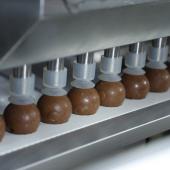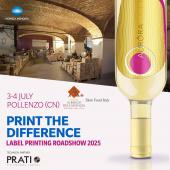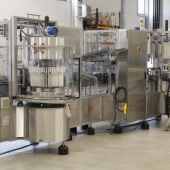Italian coffeecraft
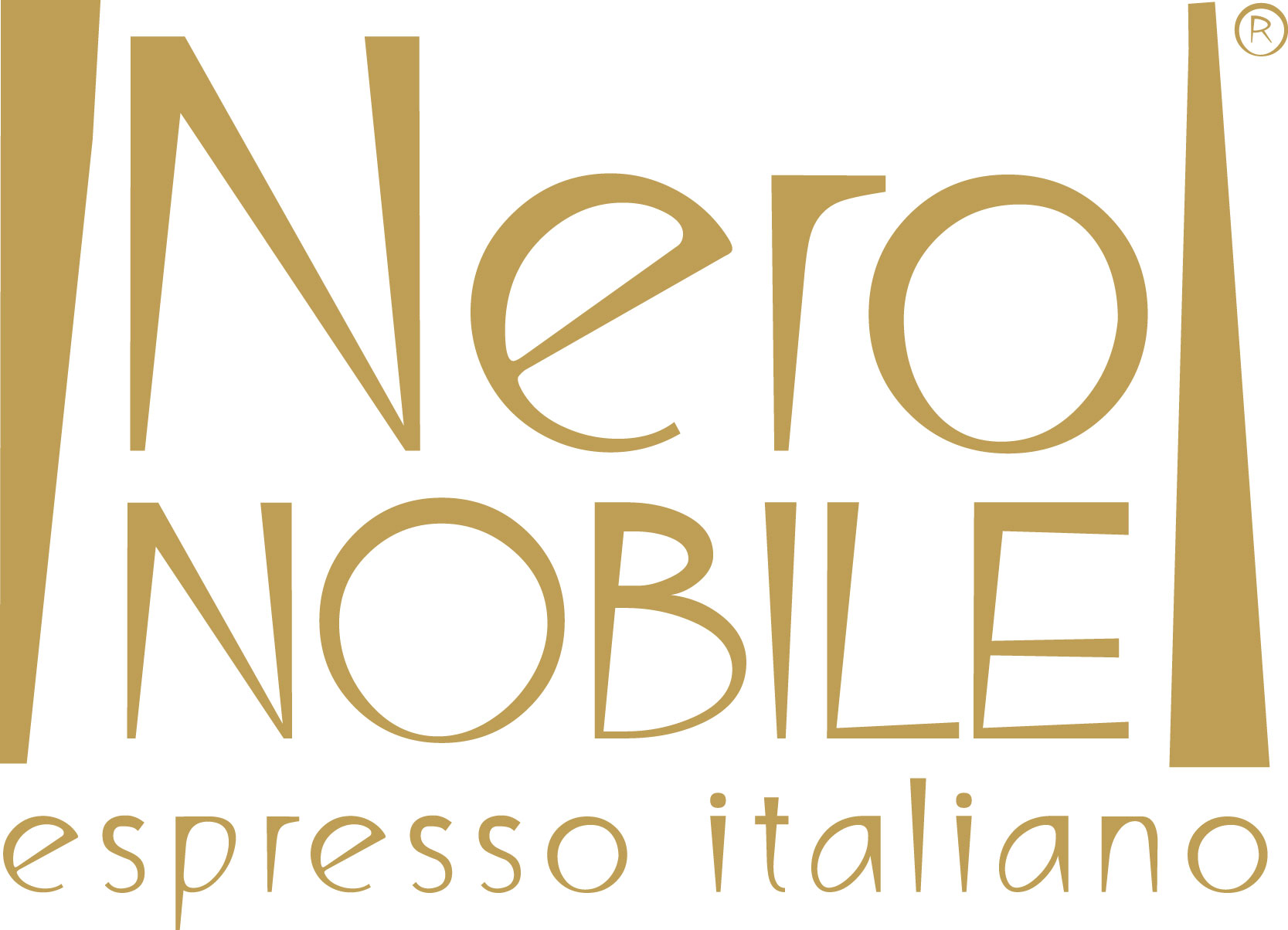 Neronobile: 18 years of history and experience as contractor in the coffee capsule packaging sector. The tale and objectives of a company that is today growing at the rate of 40% a year and that operates across the globe, bolstered by a complete offer and an all-round service, that accompanies the customer in all production phases. By Riccardo Ceredi
Neronobile: 18 years of history and experience as contractor in the coffee capsule packaging sector. The tale and objectives of a company that is today growing at the rate of 40% a year and that operates across the globe, bolstered by a complete offer and an all-round service, that accompanies the customer in all production phases. By Riccardo Ceredi
Don’t call them contractors. It would be too little and perhaps even offensive. Neronobile, based at Sarcedo (VI) offers - it’s true - a third party coffee capsule filling and packaging service but, that as well as offering its customers complete packaging lines, accompanies them in all production and commercial phases of the beverage: from choosing the most suited blend to studying the brand, up until the creation of the right packaging.
Favored also by the huge growth that the portioned coffee sector is enjoying, the chosen formula has proved to be a winner. The company has gone from 4.4 million of turnover in 2013 to 7.6 million in 2014, and the estimates for the year at hand stand at around 11 million. Giampaolo Furia, company head, tells us how Neronobile is moving in the dynamic panorama of portioned coffee.

Eighteen years is quite a period spent in a sector like coffee capsules: how did you start out?
We started tackling the coffee market in 1998 and we immediately targeted the capsule sector, that today holds sway but at that time was in the embryo stage to say the least. I remember that when in 1999 we took part at our first fair presenting a capsule system, we were looked upon as aliens. Despite all, we had the constancy and perseverance to believe in our idea, and in 2002 we completed our first system. It was certainly not a racing start: true success began three years ago, when the market was invaded by compatible systems.

Who is your ideal customer and what type of service do you offer them?
Neronobile caters for both entrepreneurs who wish to enter the coffee capsule sector without any previous experience, the same as for coffee roasters who wish to extend their activity. It is in fact a service on contract, but highly evolved. We study all the customers’ needs from A to Z and we accompany them in all the production phases: from choosing the blend to that of packaging, including the graphic design phase.
As far as the blend itself is concerned, we have a partnership with structures that help us develop an array of the most heterogeneous flavors, but at the same time we give the customers the opportunity to use their own products. In the same way we can help the companies we are partners with to develop the best suited packaging solution, also seeing to the design of the pack. Practically speaking, we offer a truly flexible service, configurable according to the different needs and degree of experience of the customer.
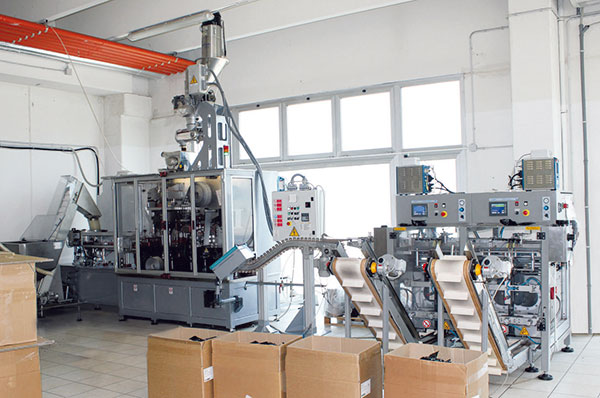
1 - Spreafico line with capsuling machine in the Neronobile works.
How does production take place at your works?
Currently we have ten complete systems for filling capsules and for secondary packaging, but by the end of the year we will have implemented another two.
Each line is dedicated to a specific customer and their range of products, so as to optimize the process, avoiding interruptions due to product change. Our current potential is around 250 million capsules a year.
What kind of products do you encapsulate?
Coffee takes up the lion’s share, with around 90% of production, but we also packaging aromatized coffee, leaf teas and herb teas and ginseng. All in all, we can work more than thirty types of products, using a vast range of capsules, including barrier and compostable ones. The latter have only appeared on the market recently and those that use them are rightly proffering them as a piece de resistance in marketing terms. It is clear that production costs for those that use compostable capsules are higher, but I think the additional costs are “repaid” by the lower environmental impact. Given the expansion of the sector, we are speaking of sizeable figures and an equally sizeable reduction in waste dispersion.
The development of the compatible capsule is proof of a portioned coffee sector showing constant growth. How are you following the expansion?
The portioned sector is a lot more complex than what it might at first appear, but it is undeniable that it is growing and evolving constantly. We are aware that, to keep a primary position, we can’t just sit by and watch. Hence we will soon start up with new compatible capsule formats, further extending our range. As well as that, we are developing new packaging and new images, aiming at offering an ever broader range of possibilities in terms of coffee capsules.
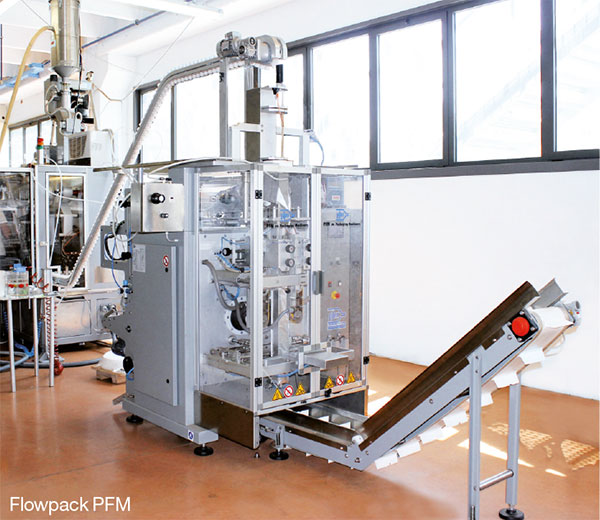
What markets are you turning to and where do you intend expanding?
At the current state of affairs, Italy is our core business, there being a multitude of coffee roasters and commercial concerns involved in producing coffee, but we also work with abroad, in particular in the area of northern Europe. To date, the Italian market still offers considerable growth margins: it is calculated that only 30% of families consume portioned coffee, while 70% turn to more conventional solutions like ground coffee, but one expects that the percentage should be upturned in the coming years. As far as the global business is concerned, over these past years the US market has shown the highest growth, but also countries such as China and Korea are opening up to the consumption of portioned coffee and, in the future, could become true and proper goldmines. Neronobile, what is more, is capable of adapting its output to the demands in flavor and consumption of the various counties (take the case of diluted American coffee).
Coffee has always been associated with the excellence of Italian products: with the widespread expansion of the sector, the success of brands that operate on a multinational level and the creation of globalized chains, how much of this is still true?
Unfortunately not a lot. The market today is beset by an offer based on ambiguity: I refer to brands that resort to the ploy of Italian sounding and appearing names, places and images, in order to be automatically associated to the true Italian coffee culture, even if the product offered has nothing whatsoever to do with Italy or Italianness.
It might have been advisable to adopt protectionist measures, like what happens with DOC wines: one might in fact use the term “espresso” only for products roasted or packed in Italy. As far as we are concerned, we at any rate do all to keep alive the true Italian tradition, that first and foremost demands the quality and fragrance of the product.
For this reason too, we have chosen to adopt the capsule: it is a type of packaging that, if followed with criteria, guarantees both the max. quality as well as an extended shelf-life.














